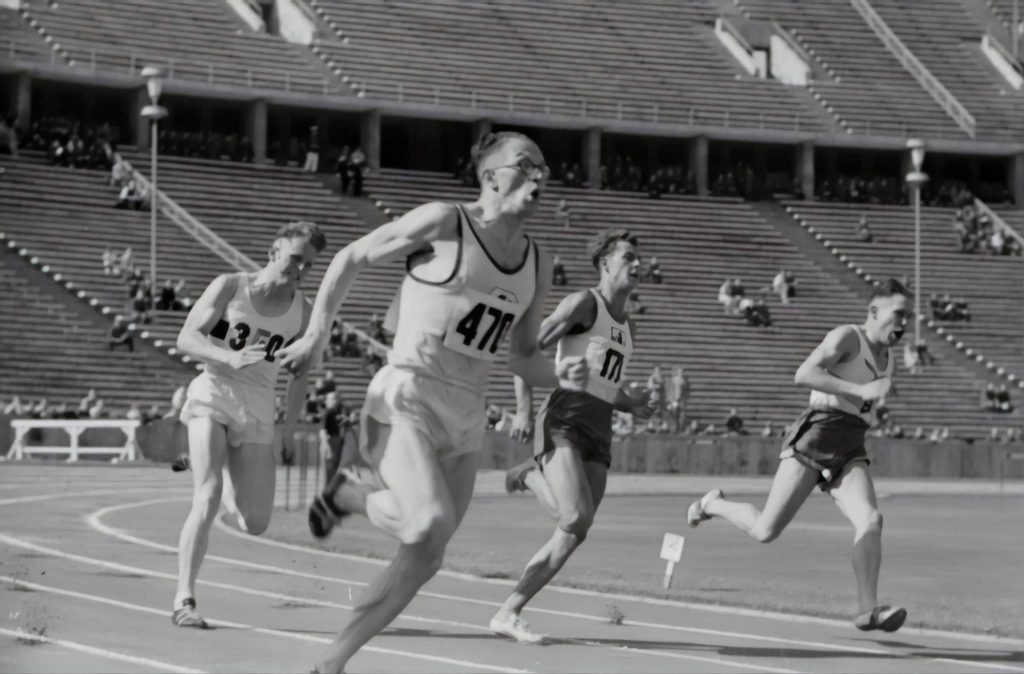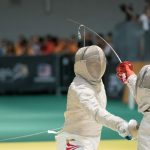Understanding how bettors worldwide negotiate the constantly shifting world of online gambling is greatly impacted by sites like 20Bet. This experience is mostly dependent on the betting markets and the odds they provide. In order to make informed wagers, both new and seasoned bettors need to understand how odds are determined as well as the several elements that affect betting markets.
The Fundamentals of Odds Betting
Betting odds establish how much money a bettor can earn in relation to their stake and show the likelihood of a specific outcome in an event. They come in many formats: moneyline, fractional, and decimal. Each suits different betting styles and regional tastes. The core idea is the same, no matter the format. Odds reflect a bookmaker’s estimate of an event’s probability. They include a margin to ensure profit.
The Mechanisms of Calculating Odds
Evaluation of Probability
At the core of calculating odds is the assessment of chance. To determine odds, bookmakers employ data, models, and expert analysis. We must look at factors like team form, player injuries, head-to-head statistics, and home advantage in order to determine the probability of each football game outcome.
Inclusion of Margin
Bookmakers add a margin, or “vig,” to the odds. This, known as the “overround,” ensures a profit regardless of the event’s outcome. The gap between the odds provided to bettors and the true odds, which represent the actual likelihood, is known as the margin. Bookmakers do this to balance their books. It reduces losses from unforeseen events.
Dynamics of the Market
The market’s dynamics, shaped by bettors’ behavior, set the betting odds. They are not constant. Bookmakers may change the odds to balance their exposure and reduce risk when a large number of wagers are placed on a specific event. No matter the event’s outcome, this change ensures the bookmaker keeps a balanced book.
Elements Affecting Betting Markets

Popularity and Public Perception
Betting numbers are typically larger at events that draw large crowds of people, including major sporting events or competitions with famous participants. The events are popular. Bookmakers must adapt to the surge of bets to preserve their margins. This might distort the odds.
Insider Knowledge
Bet markets can be greatly impacted by insider information, such as last-minute player injuries or adjustments to team tactics. Bookmakers try to include all relevant info in their odds. But, unforeseen events can create opportunities for bettors with timely, accurate info.
Outside Factors
Events can be affected by weather, venue changes, and other outside variables, which might have an impact on betting markets. Unexpected weather variations, for instance, can affect team performance in outdoor sports, forcing bookmakers to adjust their odds to account for the new circumstances.
Patterns of Betting
One of the most important parts of calculating odds is examining betting trends. Bookmakers keep track of how wagerers are placing bets on various outcomes and using this information to dynamically modify odds. Bookmakers can better control their risk and make sure that no one outcome is overexposed thanks to this responsiveness.
In summary, setting betting markets and odds is complex. It involves margin inclusion, probability analysis, and market dynamics, which are influenced by many variables. By knowing these mechanisms, bettors can better navigate the betting world. They can place calculated bets that use both their knowledge and analysis. Being knowledgeable and flexible will continue to be essential for success in the fiercely competitive betting sector as it develops.







